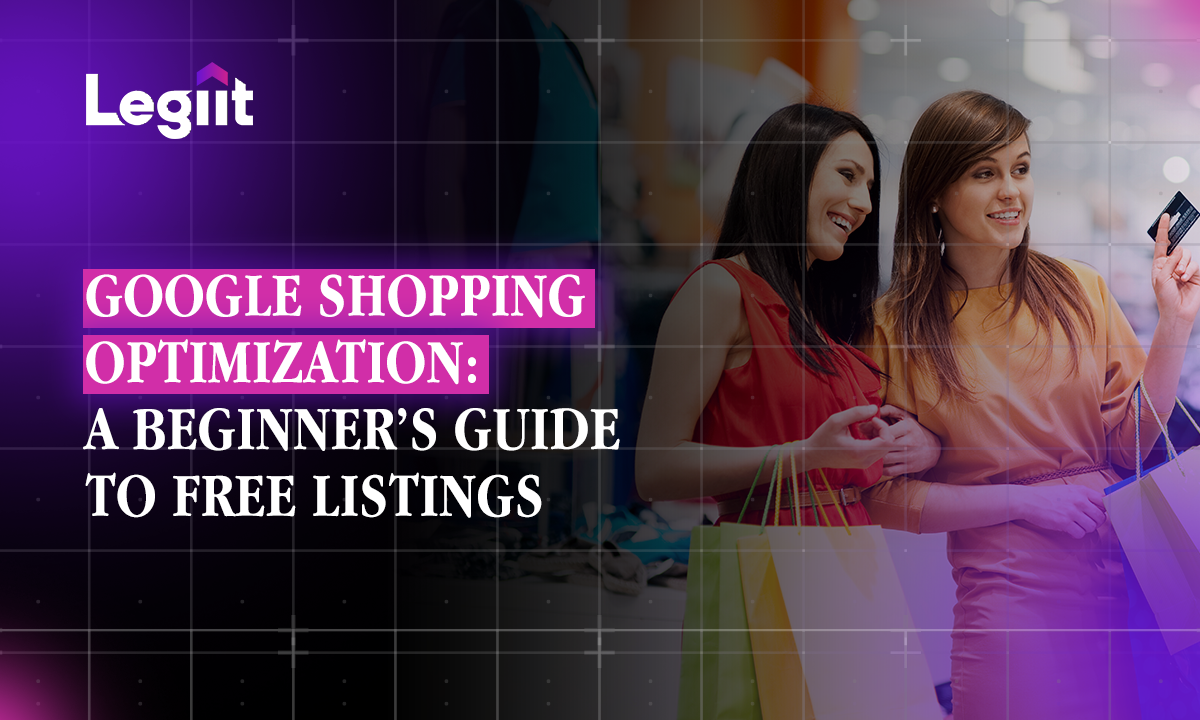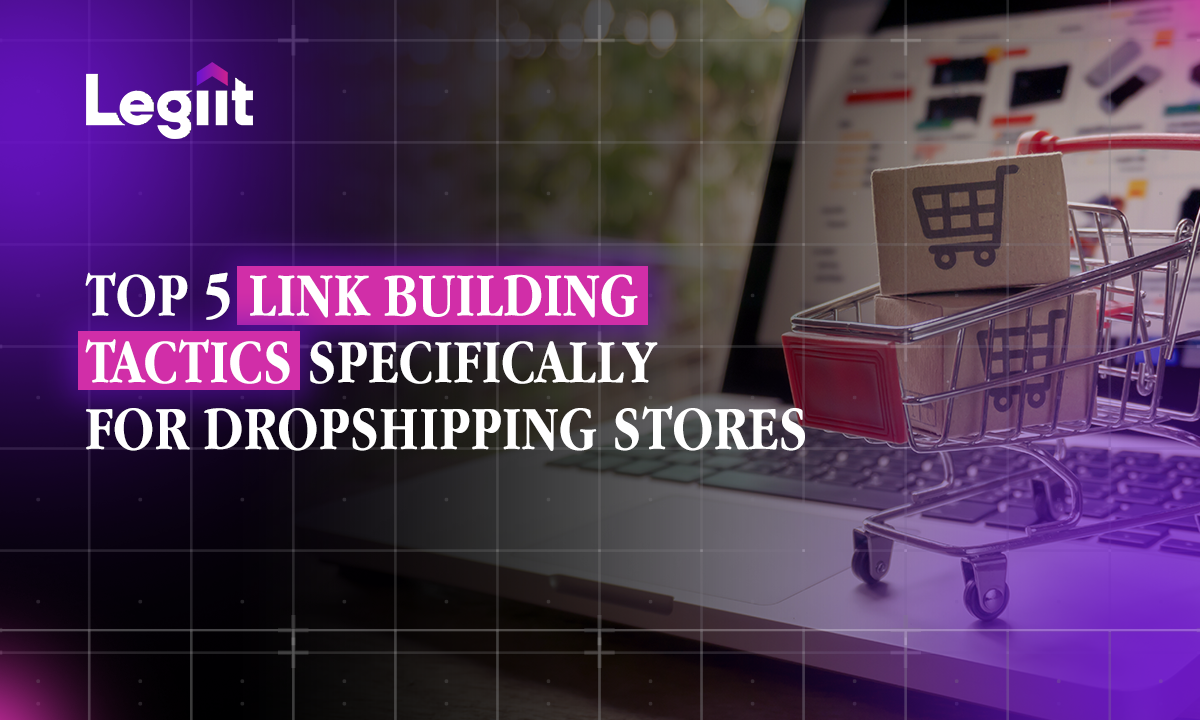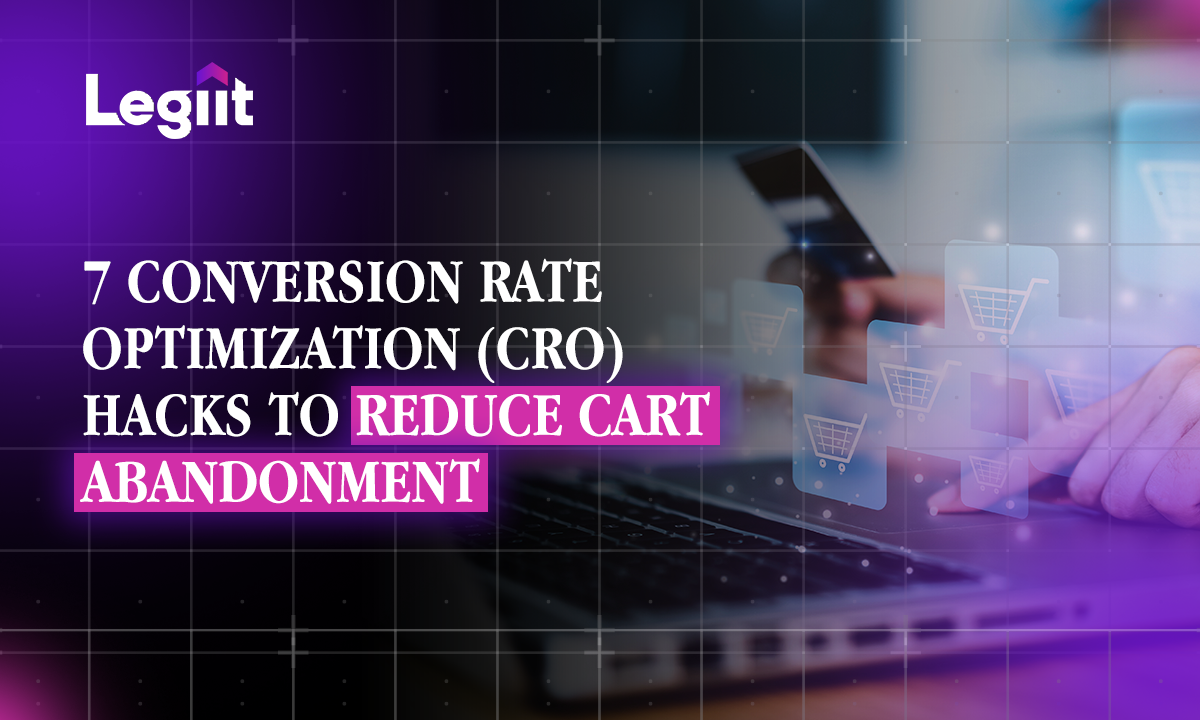Link building, naturally or organically, is difficult. It requires your dedication, time, resources, and so on—to get the benefits that come with link building.
So what should you do? The first question that may come to mind is whether or not to buy backlinks instead. But before you do so, you need to read this article.
In this article, we’ll take the following key areas:
- What Is Link Buying?
- A Brief History of Link Buying
- What Google Thinks About Link Buying
- Why SEO Professionals Buy Backlinks
- How Much Do Backlinks Cost?
- The Risks of Buying Backlinks
- How to Buy Backlinks?
Ready to learn?
Let’s get started.
What Is Link Buying?

There are two ways of acquiring backlinks for your site. There are organic ways, most of which we’ve discussed in detail in this article White Hat Link Building Services: Ethical Strategies for Sustainable SEO Growth and there are buying links.
The latter refers to the process of paying a webmaster or blogger to put a link back to your site when you did not deserve to get it—all factors are constant.
Such links can be acquired through the exchange, favors, or actual payment of money between the parties involved.
Buying links can come in various forms:
- Paid guest posts
- Paid link insertions
- Private Blog Networks (PBNs)
- Paid directory listings
- Press release distribution services
Just like any link building campaign, buying backlinks for SEO is also anchored in the obvious objectives; to increase the ranking of your website within search engines or increase referral traffic from the linking sites.
As to whether that is acceptable or not by Google and other search engines, it is subject to further interrogation in this article.
First, let’s take a look at how we arrive at people or SEOs paying for backlinks.
A brief history of link buying
So, how did SEOs start buying backlinks? Back in the day, the ranking factors used by search engines were a little bit crude—a few tweaks here and there could make you rank anytime you wanted.
However, as time passed, Google came up with another ranking factor that was a little bit complex and important—that websites had to demonstrate to start ranking—backlinks.
Google started to use the number of referral links a site has (backlinks) to measure the popularity of a webpage, and therefore determine rankings.
And as you know, human beings are opportunistic. Many SEOs began to buy and sell backlinks for their sites.
Well, if all you needed was a set of backlinks to show Google that you’re popular and start ranking—in a matter of hours or days, why could you wait to gain them naturally?
That gave rise to link building strategies link Private Blog Networks (PBNs) —that exist even today—to manipulate Google to pass PageRank from one website to another.
You see, things like PBNs are non-existing websites (that are not on Google) —with a bunch of garbage content—that anyone can build easily. In other words, if you have a thousand PBNs, you can build links from them to your website.
Your site has a thousand backlinks—and Google is looking at the number of backlinks to rank sites—not even quality (at the time), why would you not rank?
When Google realized this scheme, they started hunting down link buying schemes, which was the birth of the Penguin update.
This update started fishing out websites that were using manipulative tactics to rank on the SERPs and hand them penalties. This measure saw a lot of popular sites drop from the SERP and some of them even de-indexed.
But still, these schemes didn’t stop, SEOs came up with other strategies to sustain link buying in the modern day.
How do I buy backlinks for my website?

Let’s talk about the two popular link building strategies that are undetectable by Google.
#1. Sponsored Guest Posts
This is when you pay for a guest post to be published on another website—written by you, the site owner, or a backlink builder.
Ethically, these kinds of content or links should contain the “rel=sponsored” attribute in the HTML code, but the webmasters often choose to ignore it.
Next…
#2. Link Insertions
The other paid link building strategy is link insertions, also referred to as niche edits. This strategy involves paying a site owner to edit their existing content with a link to your website.
Having said that, let’s take a look at some of the links that violate Google’s Webmaster Guidelines.
- Excessive link exchanges. In other words; “I’ll link to you if you link to me.”
- Large-scale article marketing or guest posting campaigns with keyword-rich anchor text links.
- Using automated programs to create links that point to your site.
- Requiring a link as part of a Terms of Service, or contractual arrangement.
- Exchanging money, goods, or services for a link that passes PageRank.
Is it legal to buy backlinks?
Let’s start with what Google has to say about buying backlinks.
“Buying and selling backlinks is a normal part of the economy of the web when done for advertising purpose, and not for manipulation of search engines.”
That statement is clear.
But you realize, in the buying and selling of backlinks as depicted in the two strategies above, there is a deliberate omission to include the “rel=sponsored” attribute to the HTML codes of these backlinks to show that they have been purchased for advertisement purposes.
So what does that tell us? Is it legal or not?
That’s up to your interpretation. But clearly, there is a manipulation of search engines that blindfolds them to pass PageRank from one site to the other.
So, certain sites continue to receive SEO benefits from paid links—any that can be penalized by Google, if detected.
Here are two main arguments against buying backlinks.
#1. You might waste your money
Google algorithms have been trained to ignore low quality backlinks from cheap PBN sites, directories, and forums. That means they will have little to no impact on your ranking.
#2. You might receive a manual action from Google
Secondly, if Google catches up with you by buying links to your site, it may result in manual action that can see your site completely deindexed or lose traffic.
How Much Do Backlinks Cost?

On the flipside, or rather from our experience, buying backlinks looks like a venture that will continue to exist.
Why do we say so?
Consider the following scenario. You start your site today, build content around your niche, attract a lot of traffic, and gain authority from Google and other search engines—up to a level where you can rank for any keyword easily.
It costs a lot of time, resources, and effort, right? Surviving through numerous core updates from Google and so on.
Then one day, a random person sends you an email asking you for a link from your site. Is this something you can offer for free?
Think about it.
SEOs or website owners know how valuable these links are to businesses like yours—and so, they’re going to ask you for compensation—at least more often than not.
Look at the numbers below.
- 90.63% of pages get no organic search traffic from Google. (Ahrefs)
- Only 5.7% of pages will rank in the top 10 search results within a year of publication. (Ahrefs)
- Generally speaking, the more backlinks a page has, the more organic traffic it gets from Google. (Ahrefs)
Why wouldn’t you pay for such links if you’re guaranteed search rankings?
Well, this is not to justify that you should pay for backlinks, but rather to explain why buying backlinks remains a solid link building strategy despite all the hurdles placed by Google.
Finally, Ahrefs estimates that:
- The average cost of buying a link is $361.44.
- The average cost of publishing a paid guest post is $77.80.
How to build links safely
Well, if buying backlinks is a risky affair, then there has to be a way of getting around it. We covered this in detail in the article we asked you to read in the introduction to this guide, but let’s summarize it here for you.
There are two ways to about link building:
- Create content that deserves to earn links
- Do outreach to let potential linkers know it exists
This means that you should do the following:
- Avoid spammy links
- Avoid low-quality links
- Build links from relevant and authoritative sites only
- If possible, build links using white hat strategies only
Buying Backlinks: Final Thoughts
There are many methods of buying links. Some of them are definite no-gos, but others aren’t so risky.
In this article, we started by giving you a history of link buying and why it’s not considered an ethical way of backlink building.
For the simple reason, it gives you an unfair advantage on the SERPs. We’ve also talked about some of the risks that come with buying cheap backlinks on your site as it can result in manual action or your site plummeting from the SERPs.
It’s up to you now to decide on the right way to go.








 Up & Coming Talent
Up & Coming Talent






 Download
Download